In the age of constant communication, the words you choose to use matter. While you can get away with some imprecise phrasing in your everyday chatting, it’s vital that you avoid these common vocabulary traps when you’re speaking professionally or with colleagues.
Of course, thanks to autocorrect, it’s easy to get a little lazy and just assume the algorithm has your back when writing that email or report. But — and this may be shocking —autocorrect can’t fix every communication problem. Doing a little homework will help you skillfully correspond both in your writing and in your verbal communication.
Instead of waiting for that embarrassing moment of being corrected by a grammar stickler — or being silently judged by one — here are a handful of words that could throw you for a loop.
Moral or Morale
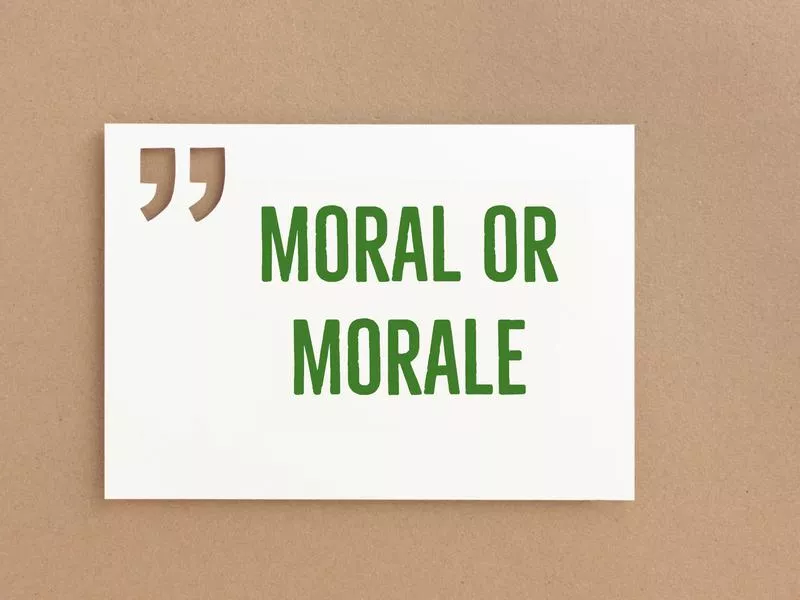
The “moral” of a story is the lesson learned from the character’s adventures. That word focuses on right or wrong principles and values in a community.
“Morale,” however, means the confidence or general spirit of a person or group, which can constantly change depending on circumstances.
So, throughout that fantasy character’s adventure, what happens to them on the way to discovering the moral of the story might affect their morale.
A lot or Allot
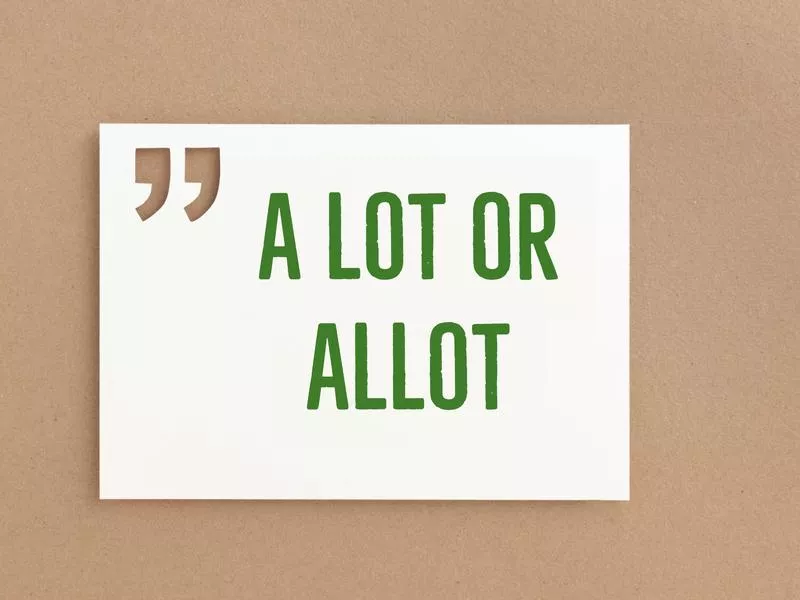
When you say there’s “a lot” of something, there is plenty of the item to go around.
When you “allot” something, it means that you give it to someone else. So you can allot a lot of something to someone.
This can get confusing because people often make a lot one word (you know you’ve seen a lot of “alots” throughout your life).
And while people may never hear the difference between “a lot” and “allot,” knowing how to use each one properly will keep you out of a lot of written trouble.
Adverse or Averse
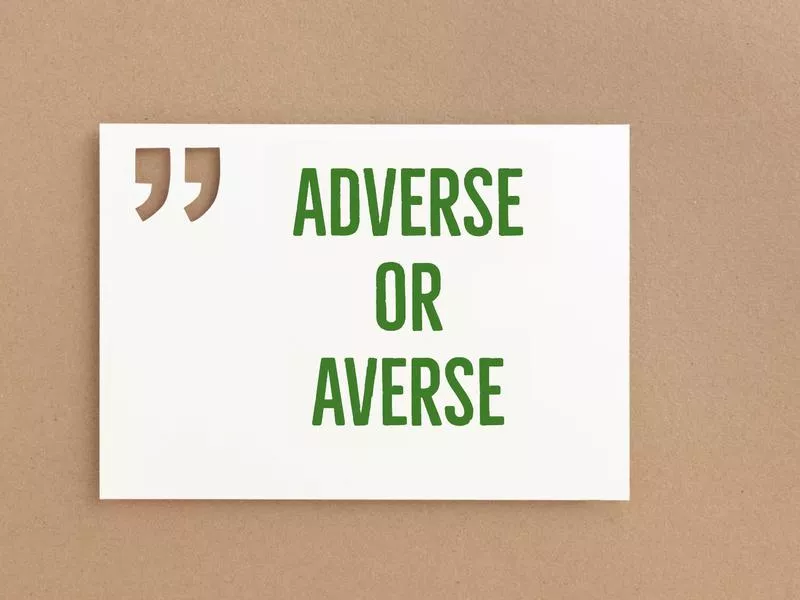
These two words are not only easy to confuse with each other because there’s only one little letter separating them, but also because both of them have similar definitions. Neither one denotes the most positive situation.
But they are two distinctive words, so here’s how you can know which one you want to use: “Adverse” means something that is harmful or prevents you from achieving something, while “averse” means you strongly dislike something.
So you can be averse to something that has an adverse effect on your happiness. And, though they both feel similar, they’re not interchangable.
Accept or Except
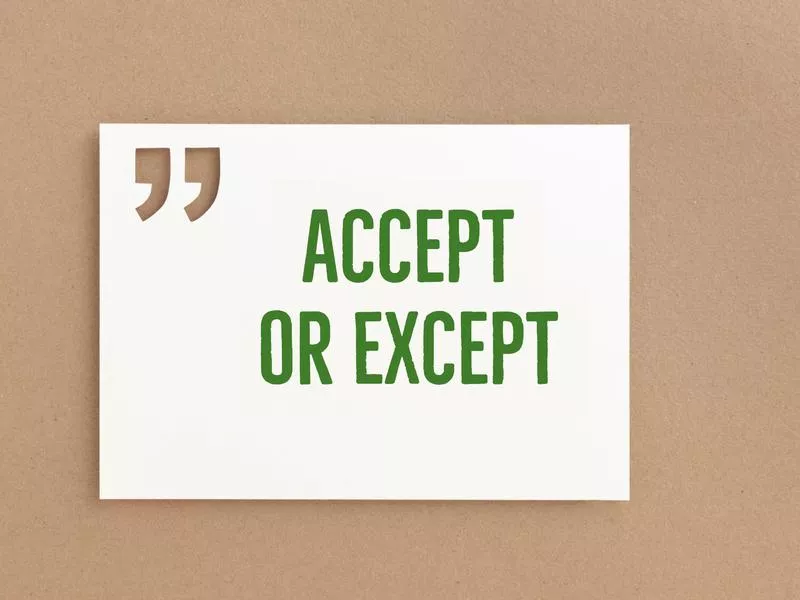
Of course, these two words sound the same. So, assuming you’re using them correctly, you’ll likely never hear any difference in a conversation or get called out for saying the wrong one.
But if you’re writing these two words, be sure to know that “accept” means you consent or recognize something as fact, while “except” means that you specifically exclude or don’t include something.
Affect or Effect
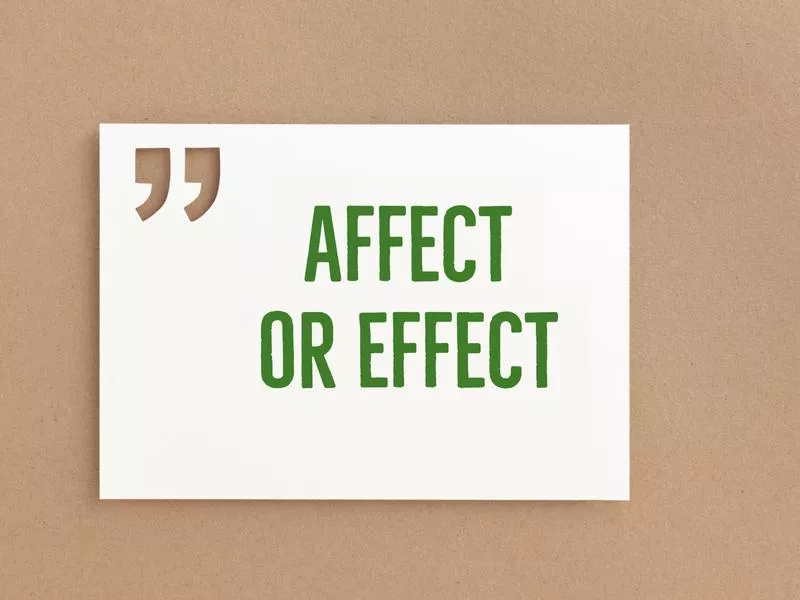
These two get mistaken for each other often, probably because they sound the same and are only differentiated by a little letter at the very beginning of the word.
The easiest way to know the difference is that “affect” is a verb and “effect” is a noun. When something affects you, you may see the effect in your reaction.
Farther or Further
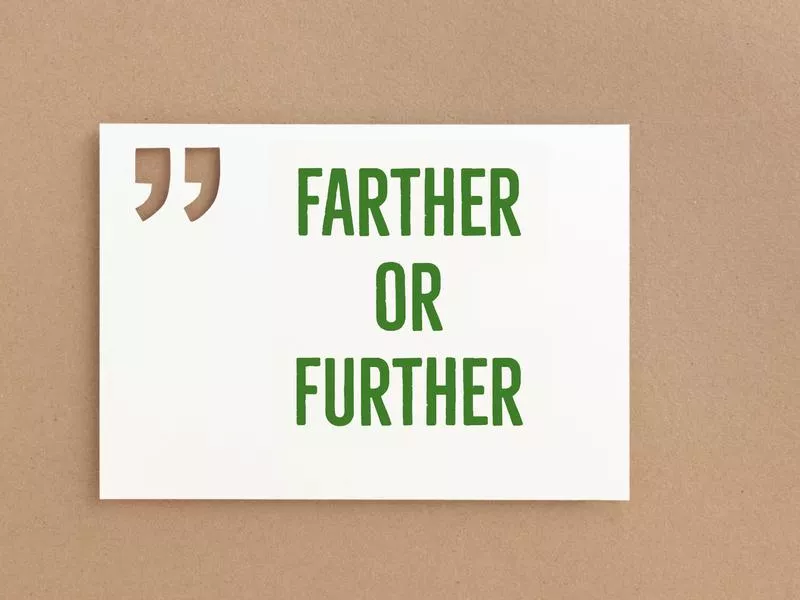
These two suckers sound the same and generally have similar meanings. Both denote some sort of distance, only “farther” connotes a physical distance and “further” is more figurative.
Nobody will probably lose their mind if you use these interchangeably, but if you really want to make sure you get it right, be sure to take note of the difference.
You might have to travel farther than you would like to reach your destination. And, by reading literature you can further your understanding of a topic.
Pallet or Palate or Palette
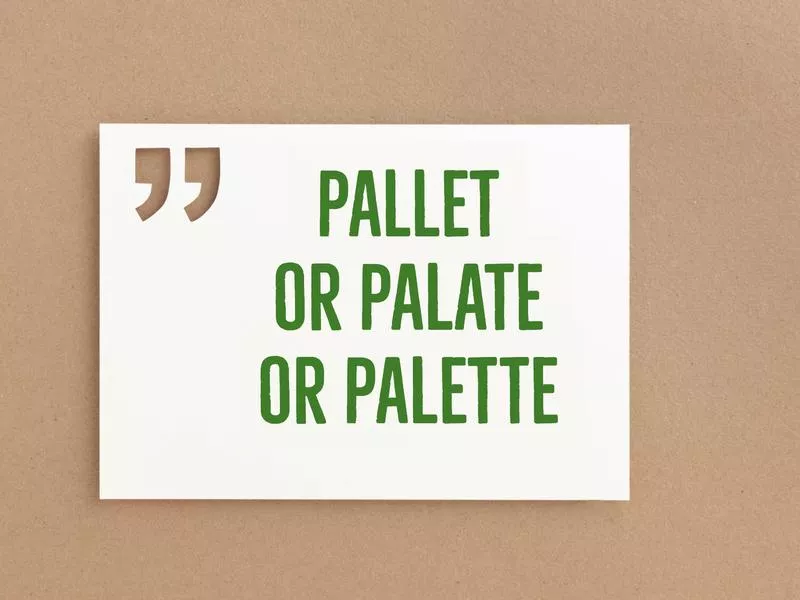
Like many of the words on this list, these three words all sound the same. The difference, of course, comes in their usage.
A “pallet” is an object that holds or carries things. Your “palate” is found on the roof of your mouth and helps you distinguish various tastes. And a “palette” is a thin object onto which an artist mixes colors for painting.
Breathe or Breath
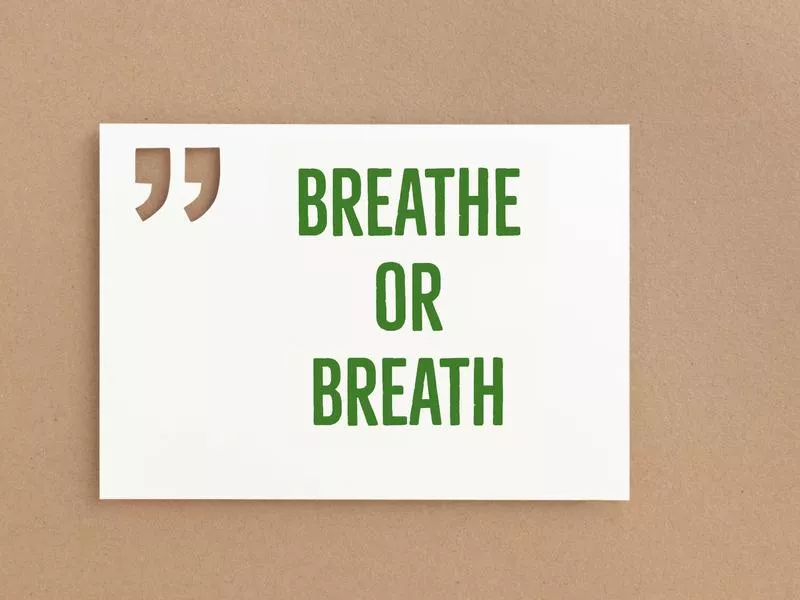
“Breath” is the full cycle of inhales and exhales, while “breathing” is the verb that describes what you’re doing when you take a breath.
It’s as simple and easy as that, so no need to lose your breath over it. Just breathe.
Ascent or Assent
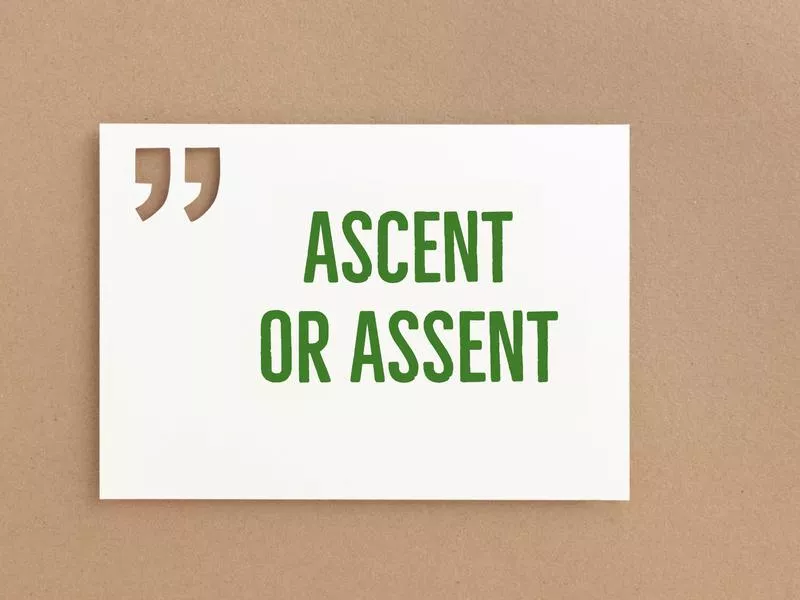
An “ascent” is a climb to the top of a mountain or large peak, or even just moving through the air like on a plane. But when you “assent,” you agree with someone.
Though, to be fair, your assent (or agreement) may make that person feel as accomplished as if they had ascended (or climbed) a mountain themselves.
Defuse or Diffuse
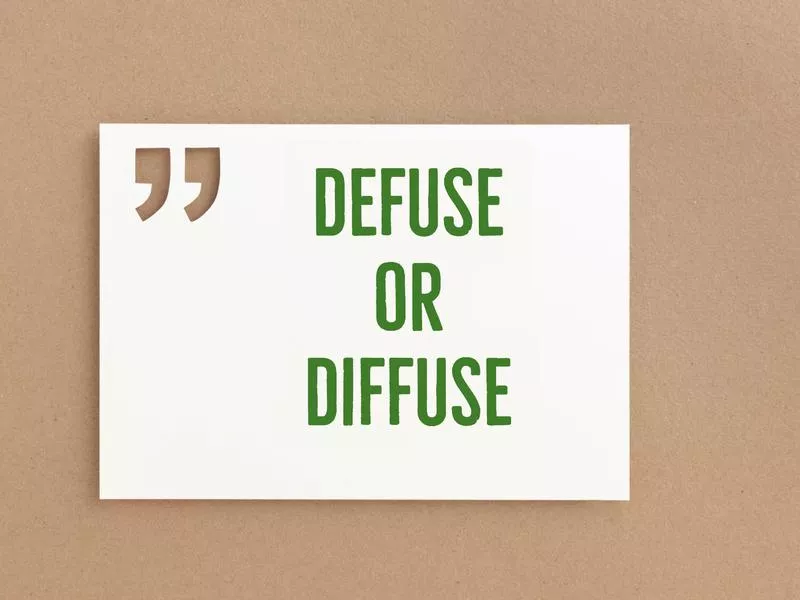
To “defuse” something is to remove the actual fuse of an object, such as an explosive device — or more metaphorically, to lessen pressure in a stressful situation.
When something is “diffuse,” it’s spread out or scattered over a large area.
Loathe or Loath
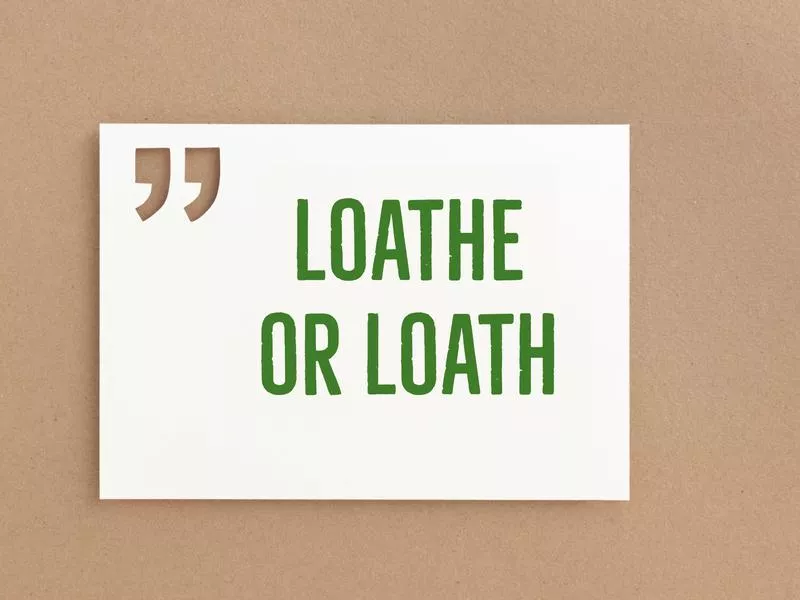
That simple vowel at the end of this word can make all the difference in its meaning. And, despite their seeming similarities at least on paper and when they’re said, these two words aren’t interchangeable.
The biggest tell of when to use either of these two words is based solely on where they’re used in a sentence. “Loathe” is a transitive verb, so it needs an object to feel its wrath. Basically, you have to loathe something. And whatever it is that’s loathed, it means it’s intensely disliked or hated.
But “loath” is an adjective that means reluctant or unwilling.
So if you’re loath to use this word because you loathe misusing words, that’s totally understandable but nothing a quick grammar lesson can’t fix.
Flak or Flack
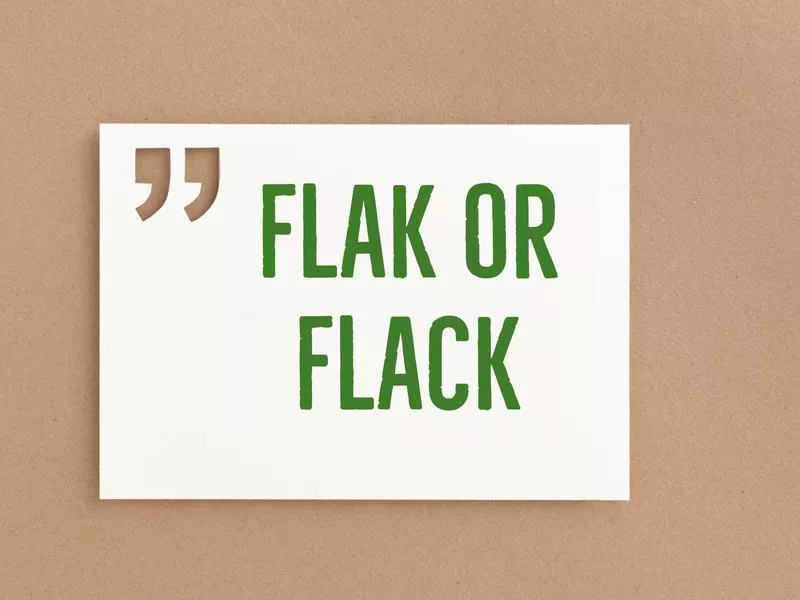
Originally meaning anti-aircraft artillery, “flak” today denotes harsh criticism. But a “flack” is a nickname for a PR person or press agent.
So if you’re taking too much flak for something questionable you’ve done in the public eye, you may want to consider hiring a flack to help you out.
Forego or Forgo
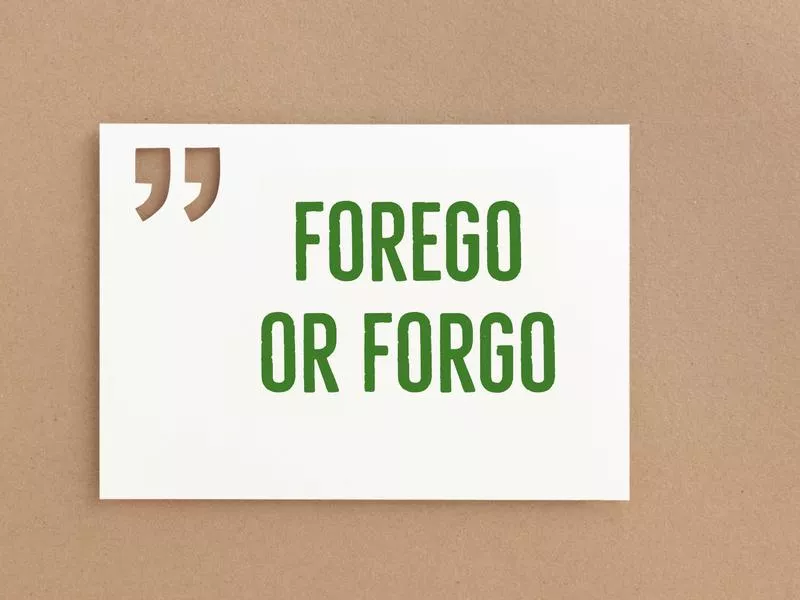
If you’re typing “forego,” you may get questioned by your computer to see whether you meant “forgo” — that’s how similar these two words are.
So if you’re confused about the difference, hopefully remembering this will help: When you add the “e” it means something that precedes you. When you drop it for forgo, you are passing up the chance to use that extra vowel, which happens to be the general meaning of the word — to go without.
Forego basically means something that has come before — to proceed.
Forgo means something that was missed and passed up.
But, like so much of the ever-changing English language, these two differences have been relatively lost over time. But, hey, if you want to impress a nerd in a word fight, consider differentiating them.
You’ll probably win points, but it’s not a foregone conclusion.
Borne or Born
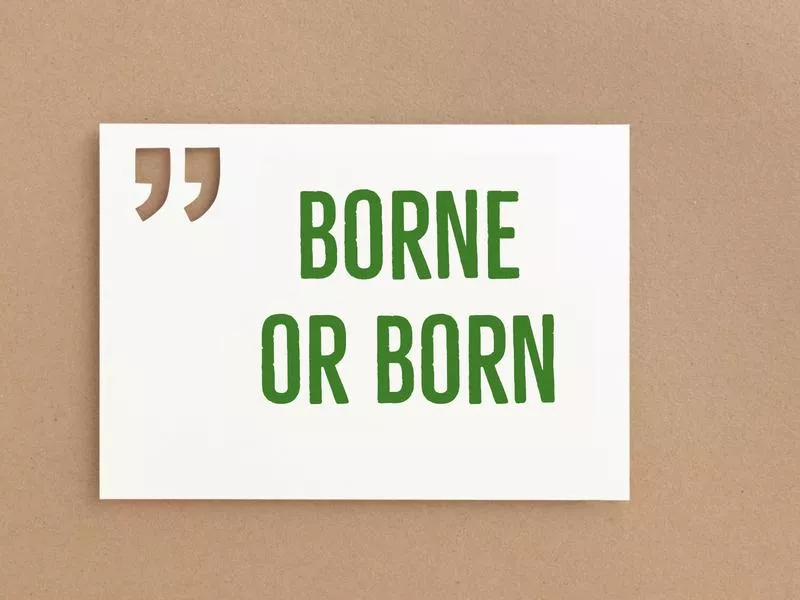
Adding an “e” to this word changes it away from suggesting new life or a new beginning.
Instead, it means that something could be carried or transported.
It’s a past tense variation of “bear” rather than a fancier spelling variation of “born.”
Complement or Compliment
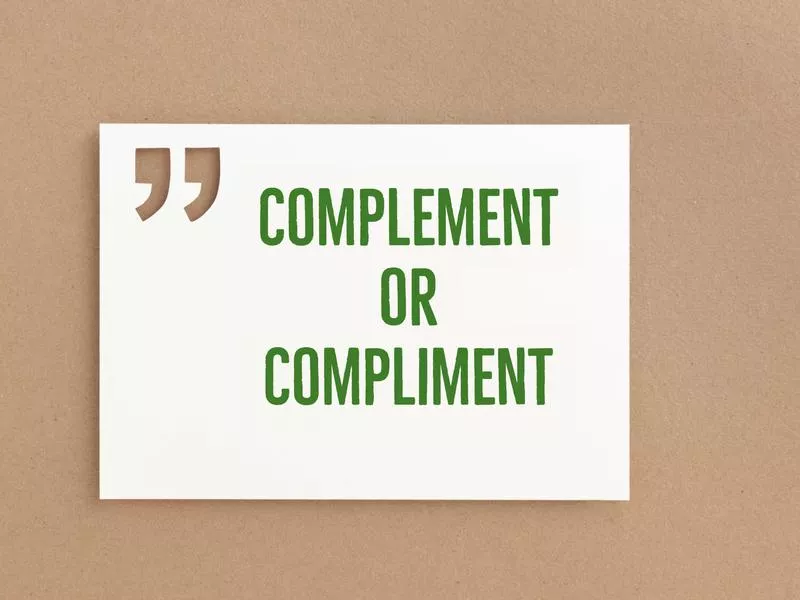
People often confuse being complementary with being willing to give a number of positive compliments.
Both words have positive meanings, but to be “complementary” doesn’t mean you go around making coworker’s days better by praising them with “compliments.” It means a combination that enhances the two parts it combines.
“Complimentary” also has two meanings: to be full of compliments is one, but it also can mean to be free of charge.
A complementary relationship isn’t filled with compliments, it’s a marked improvement of a whole from two lesser parts.
Likewise, while complementary drinks go well together, feel free to take complimentary drinks without charge.
Altogether or All Together
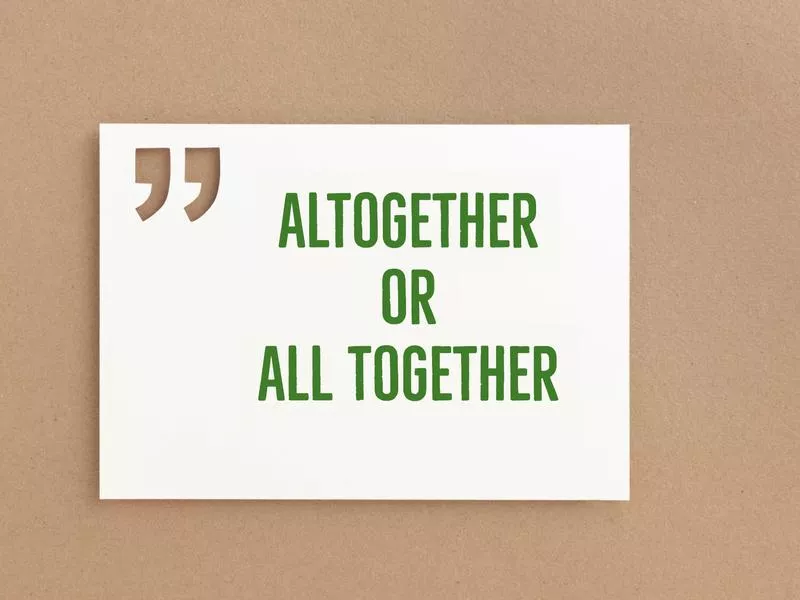
Much like the “a lot” versus “allot” confusion, this word suffers from the fact that if you add an “l” and a space, it becomes a phrase not too different from this word’s actual meaning.
“Altogether” means completely or wholly, like taking everything into consideration.
“All together” is more accurately used when suggesting that a group has become a whole or is all in one place.
Apprise or Appraise
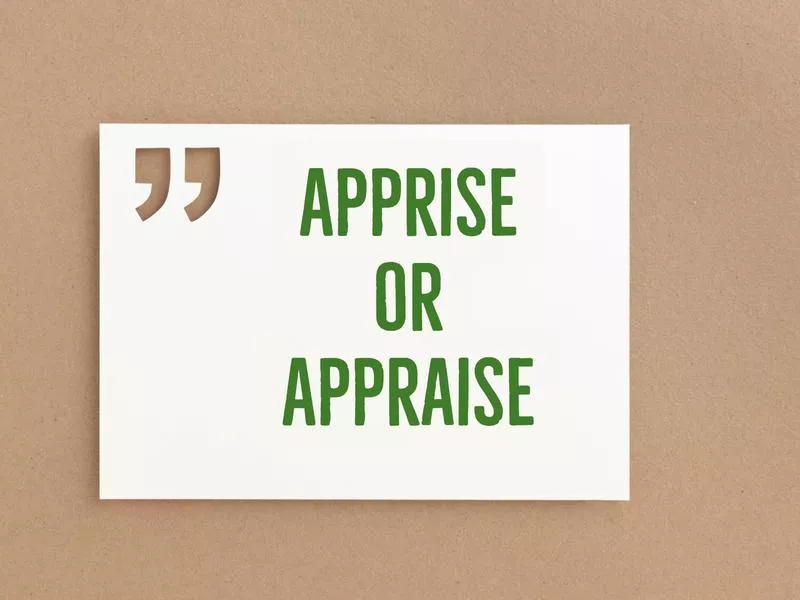
Not to be confused with its more popular and extremely similar-sounding counterpart “appraise,” which means to assess the value of, “apprise” means simply to relay or inform information to someone.
So if you’re told the dollar amount on much your house is worth based on what some experts decided, you could say you’re being apprised of the appraisal.
Lay and/or Lie
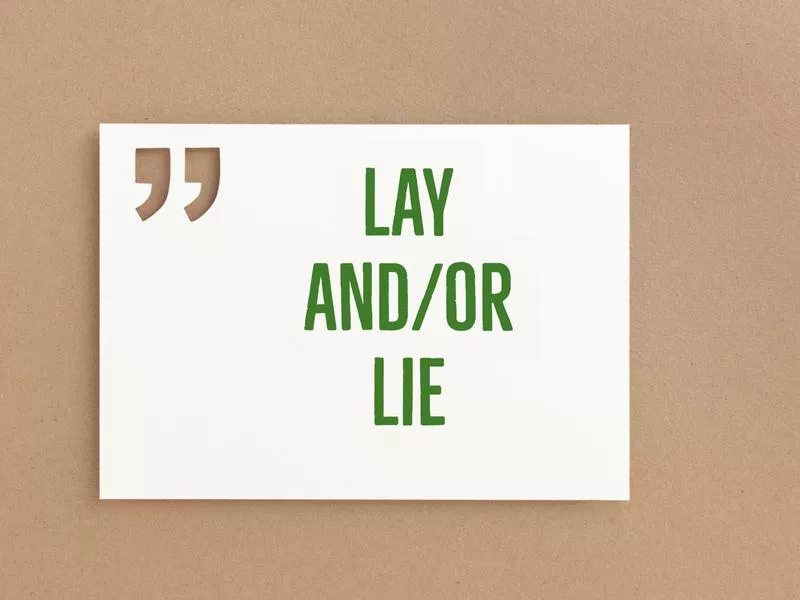
I’m not going to lie and pretend people don’t often interchange lay and lie. And, though they both have similar meanings and are deviations of similar ideas, keeping the technical differences in mind will help to make sure you use them correctly.
When you “lay” something down, you’re physically putting an object on its side. If you “lie” down, you yourself are, in the present tense, getting comfortable in a vertical position.
Or, of course, if you’re telling a lie, you’re not telling the truth.
Without getting too into the nitty gritty, just remember that there’s a difference between these two and try to commit it to memory.
Disinterested
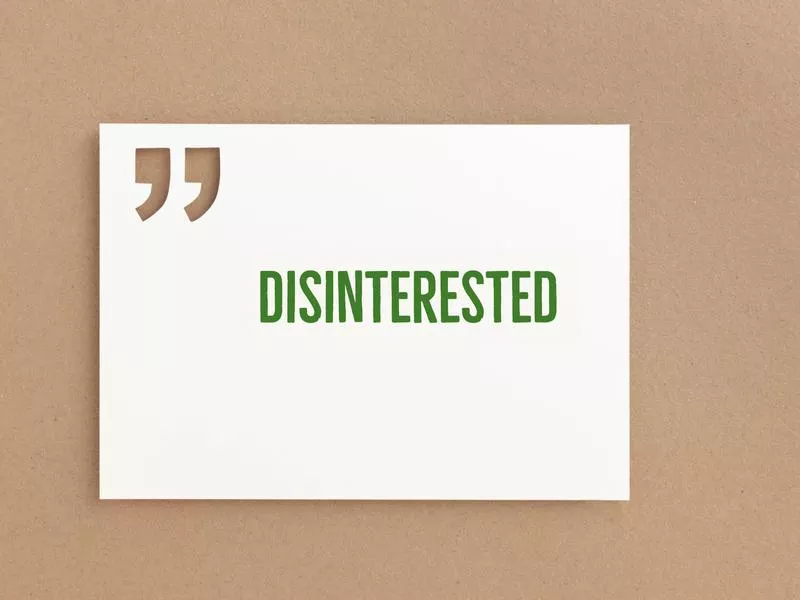
Now that we’ve got some of the confusing doppleganger words out of the way, we’ll move onto the often misused words that probably don’t mean what you think they do.
You may find this uninteresting, but the original meaning for “disinterested” was not the same as simply not being interested in a subject matter.
Its official definition is much closer to being impartial or unbiased. But it’s ever-changing and colloquial use has made it increasingly interchangeable with its cousin, “uninterested.”
Enormity
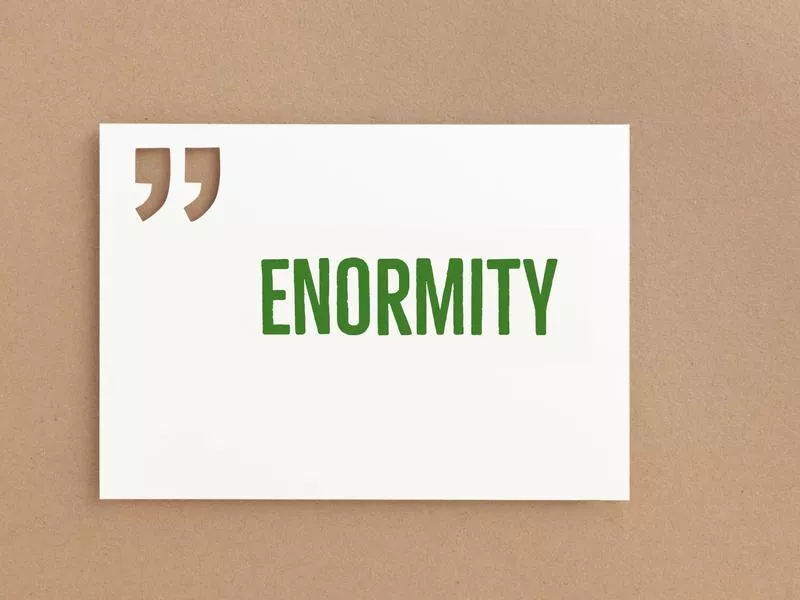
Because this word sounds so much like its close counterpart enormous, it is often used to mean something simply huge.
But its real meaning has a more sinister side. “Enormity” does denote that something happened on a large scale, but it also suggests that there was a maliciousness or immorality that went along with it.
Compelled
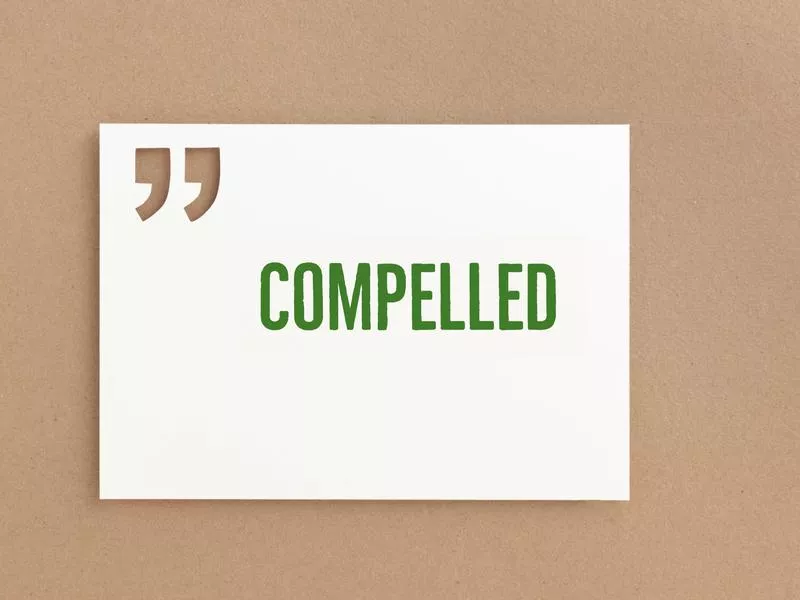
People often say they felt compelled to do something. Again since language is ever changing, it’s not technically wrong to follow this more colloquial use of the word.
But to be “compelled” to do something actually means there’s a lot more force involved than simply a strong outside influence. Typically, if you’re compelled to do something, you don’t have much choice in the matter if you want to survive the situation.
Travesty
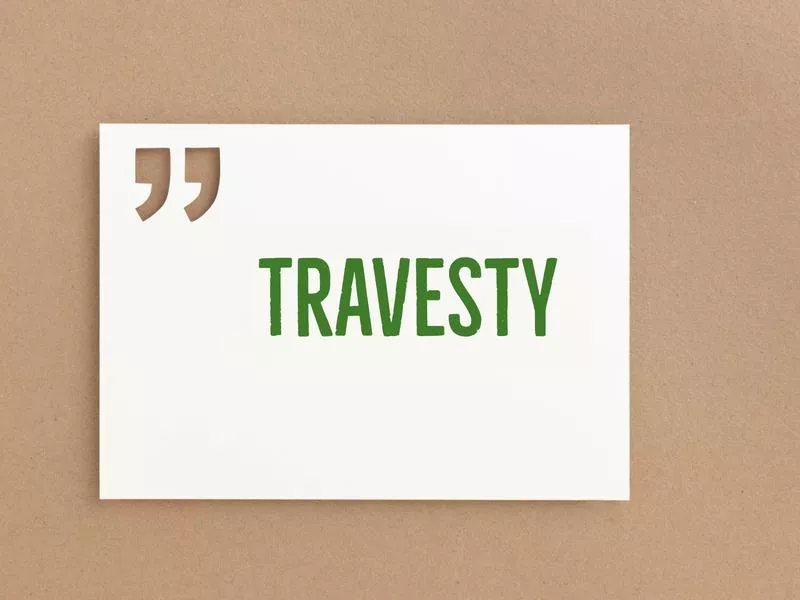
You might say it’s a travesty to not use travesty correctly. And, depending on what exactly you mean by “travesty,” you might be right.
Too often, it’s considered something absolutely tragic or horrible happening on a large scale. Its actual meaning isn’t quite filled with so much grandeur. It means that something is simply false or distorted, or has been presented in a filtered and incorrect way.
Ironic
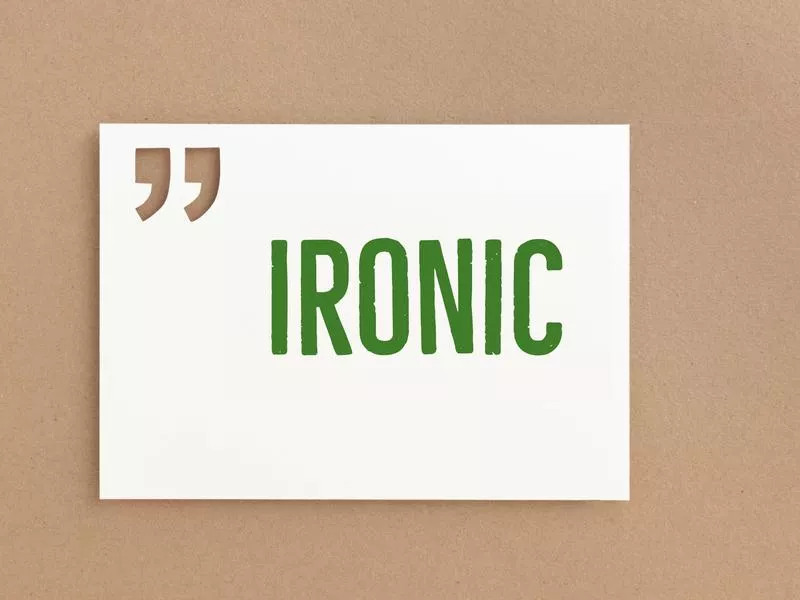
Maybe it’s thanks in part to the popular ‘90s song by Alanis Morissette, but this seems to be a popular word to use relatively carelessly.
There’s debate as to whether or not her song “Ironic” was a giant bit of sarcasm or satire — an actual meaning of the word.
But too often it’s used to describe something that’s simply surprising or unexpected, when really it should be used when something is not only surprising but also paradoxical.
Comprise
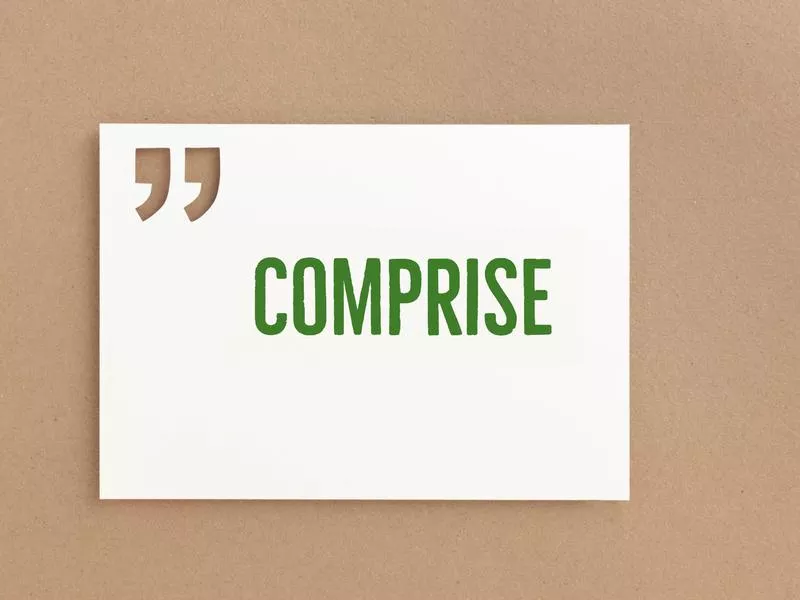
Not to be confused with “compromise,” the word “comprise” means something that makes up something else.
Compromises are comprised of accommodations made by every side to reach a general agreement.
Fewer
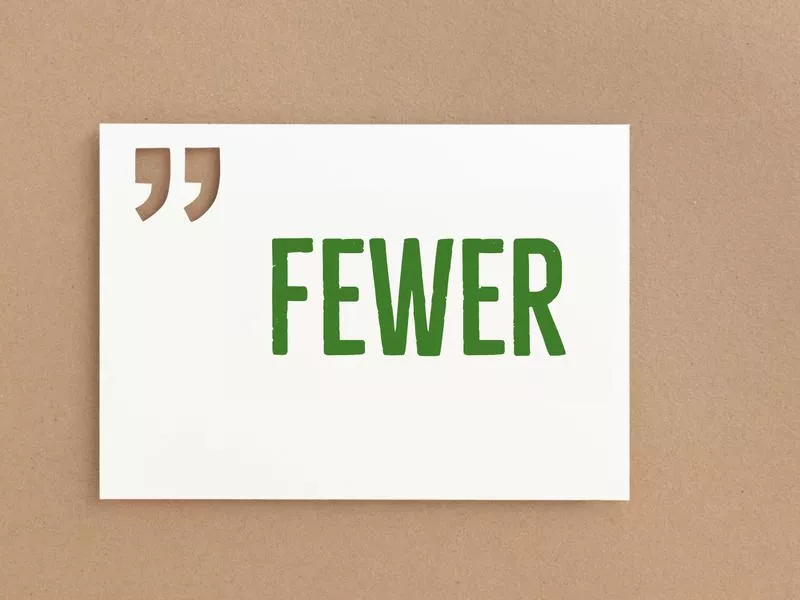
Fewer and fewer people seem to use “fewer” correctly and interchange it all willy nilly with “less.”
Fewer is an actual countable number of not too many things. Less is used for things that can’t be counted physically, like having less and less interest over time in proper word usage thanks to browbeating tactics of grammar-obsessed internet writers.
Unique

If something is unique, it doesn’t mean it’s simply different from something else. In that case, you’d want to say that item was distinctive in that it had something that made it stand apart from similar other things.
When something is unique, it’s supposed to mean that it is so different, it’s unable to be compared to anything around it.
(Hence, the rule that it’s impossibe for something to be very unique, since the notion of degrees to being one of a kind is nonsensical.)
Literally
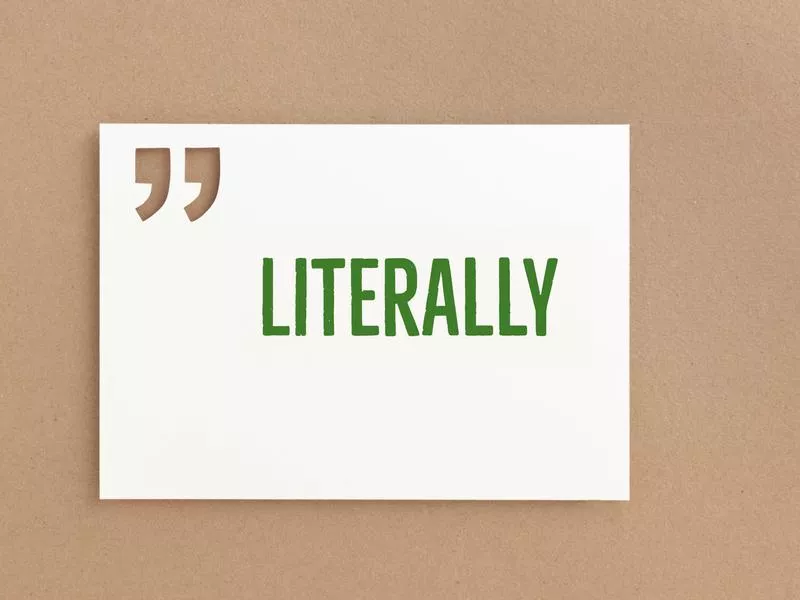
This is literally one of the most overused phrases. I’m literally using it incorrectly right now.
Literally technically means that something was taken at face value, as in, it was taken for the literal meaning. It’s often used to simply add emphasis to the feelings of passion behind a story. But, if you want to be a purist, it is literally the wrong way to use the word.
Acute
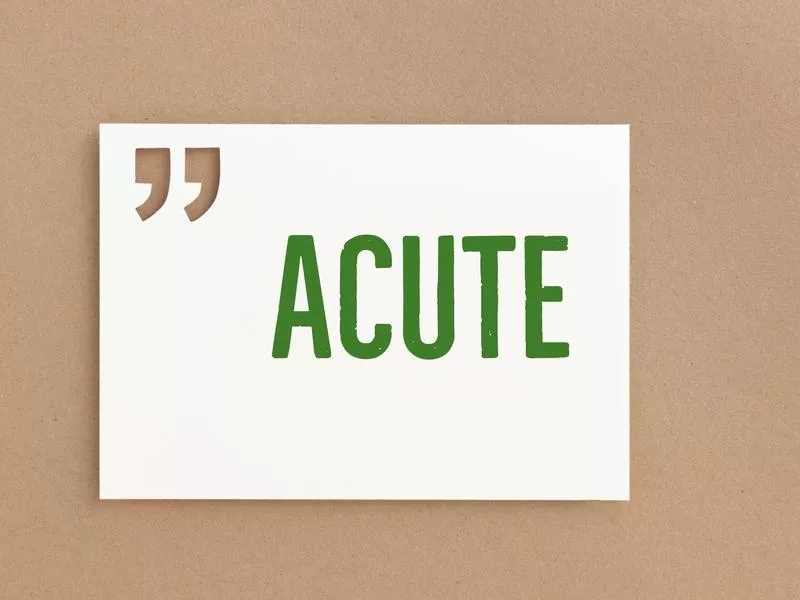
Yes, I realize “acute” has the word “cute” in it, but its actual meaning is the far opposite of something adorable.
Acute means intensely strong or severe, usually denoting pain or being able to accurately and perceive the vastness of a situation.
Economical
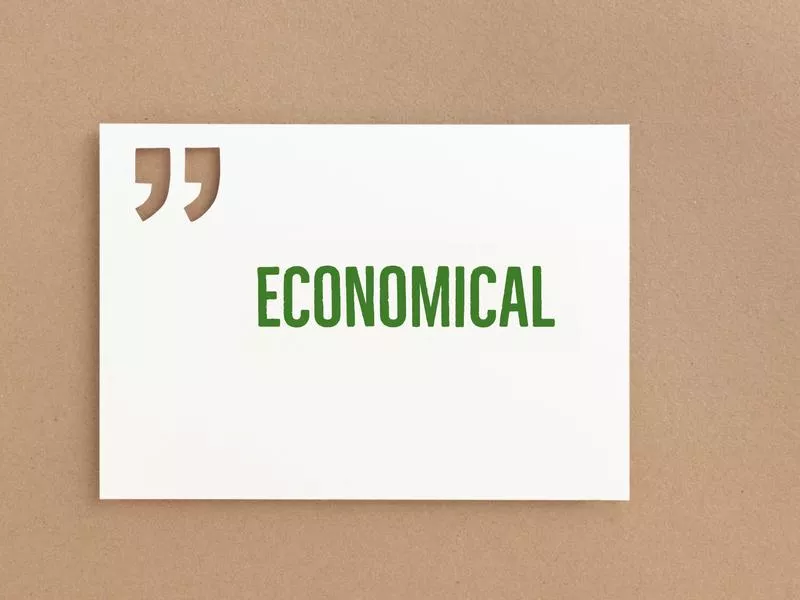
This word may seem like it has to do with something in the economic spectrum, like discussing economical issues after a class, but that’s inaccurate.
“Economical” means something is a good value, excellent deal, or someone careful not to waste resources.
If, after studying economics, you become more economical, it’s not because you suddenly developed an interest in economic theory. Instead, it’s because you decided to borrow that Adam Smith book from the library instead of buying it off Amazon.